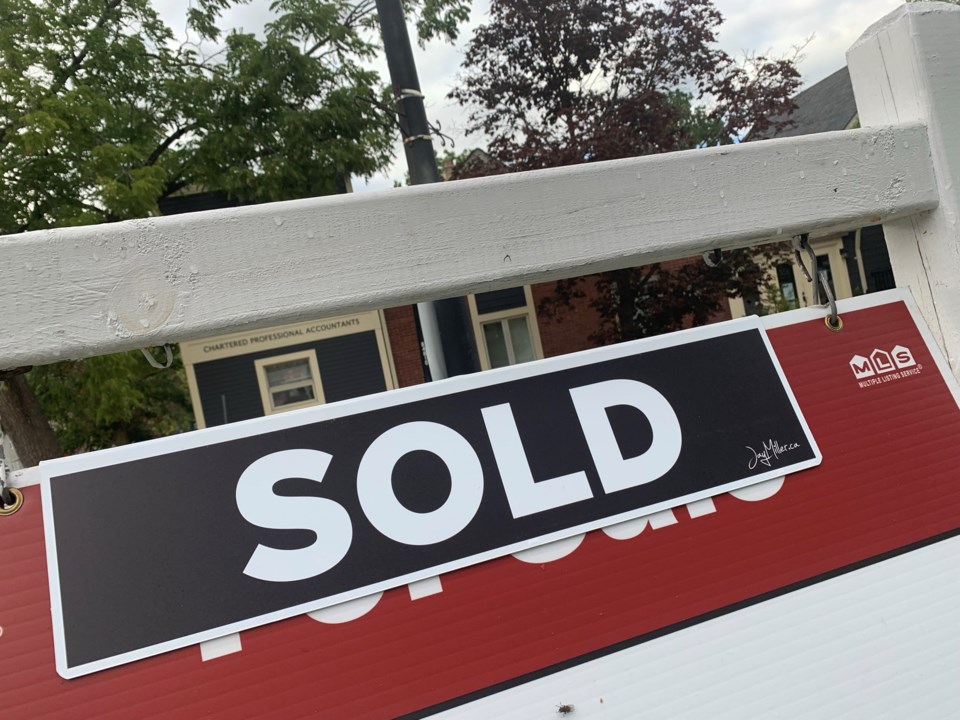Real estate experts are projecting the York Region real estate market will rebound and experience a price increase even as the housing market declines in much of the GTA.
RE/MAX released its 2023 outlook report and estimates a 5.5 per cent housing price increase over the year, along with a 15 per cent increase in sales. This comes after the region and many other markets in Canada experienced a sales decline in 2022, going down 42 per cent in 2022 over 2021.
Markham-based RE/MAX Prime Properties owner Asif Khan said though there has been market uncertainty, sellers are in a holding pattern, and the demand is still there.
“York Region is pretty much where people want to be if you’re looking into the Toronto area,” he said.
Although sales declined significantly over 2022, York Region still retained an approximately 10 per cent price increase year over year in 2022, according to RE/MAX real-estate data.
Across the country, the real estate market declined over the year. Khan said this was due to continually rising interest rates making more sellers hesitant, waiting to see where the market would settle.
RE/MAX is projecting a modest decline of 3.3 per cent in pricing across the country.
“This is a much needed adjustment from the unsustainable price increases and demand we saw early in 2022,” RE/MAX Canada president Christopher Alexander said in a news release.
The GTA is one of the markets expected to decline, projected to drop more than 11 per cent in both sales and average price.
But York Region’s real estate is expected to be hotter than many of its neighbours and remain a seller's market. Khan said York Region remains desirable with its mix of housing types, new construction, education facilities and people looking to return to the area after leaving earlier in the pandemic.
“The York Region market is a little bit different than the Toronto market. Demand is always good for York Region,” he said. “We do see a resurgence coming.”
Still, the projected increase in demand in 2023 will still be well below what was seen in 2020 and 2021, Khan added. The price increase is moderate, more in line with the annualized price increases of a decade ago.
As governments at all levels look to address housing affordability, Khan said supply is vital. He added that measures like temporarily banning foreign home buyers also are unlikely to make an impact on the market, representing too small a portion of it.
“When you don’t have enough supply, you start having issues with pricing,” he said. “All these other actions taking place are mostly smokescreens.”
The early months of 2023 will likely be challenging for real estate and see some decline, Khan said, but he added that the market should heat up in the latter half of the year.
“By 2023, we’ll be back to a heated market,” he said. “The demand has not gone away. It’s just pent up.”



